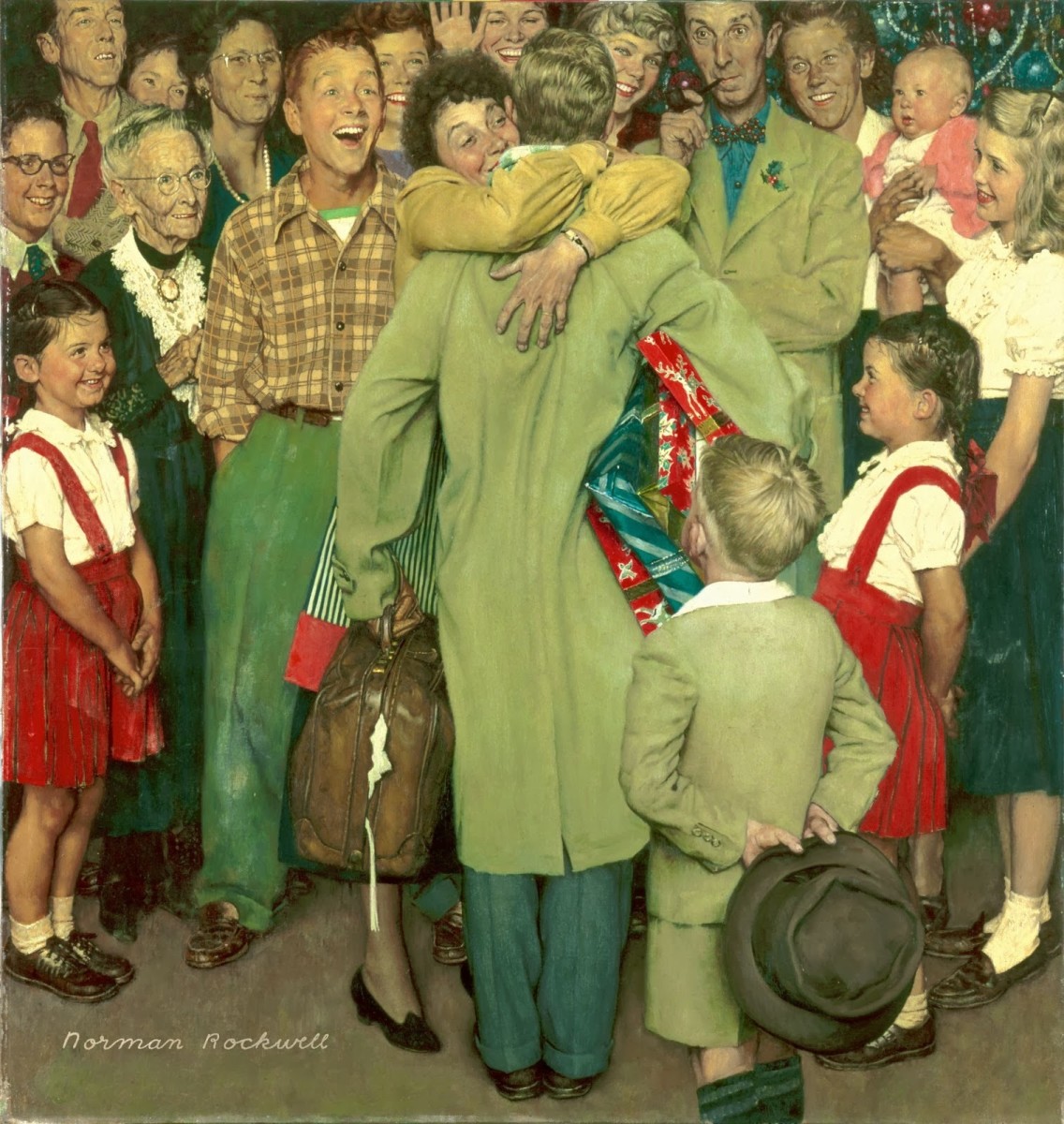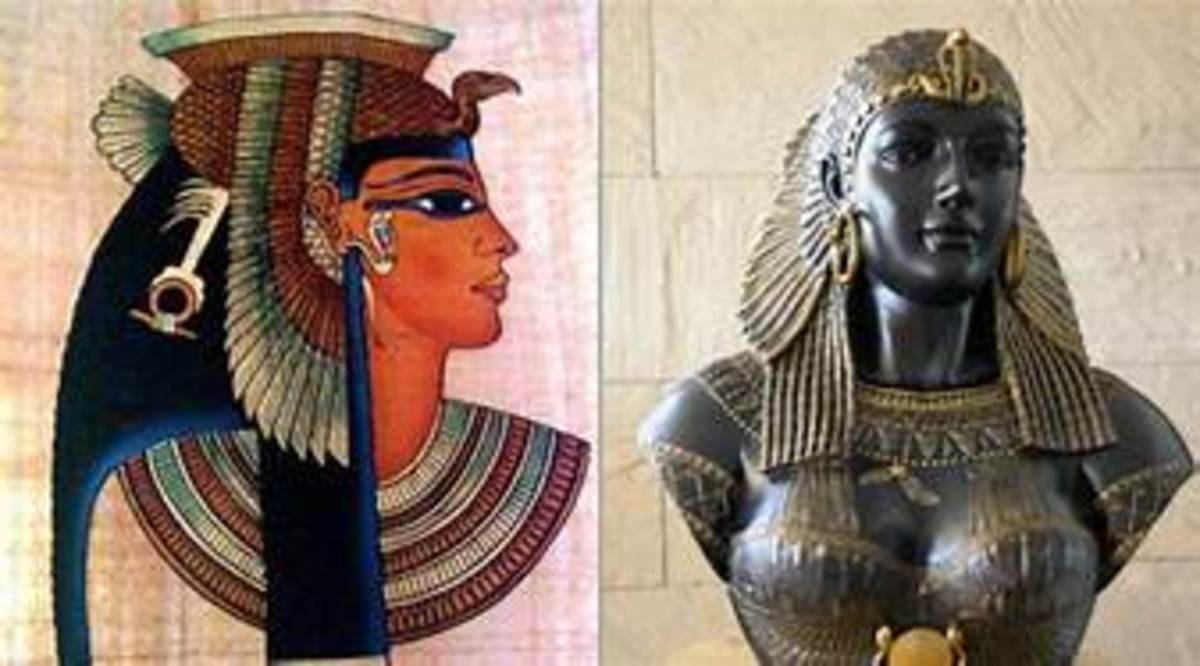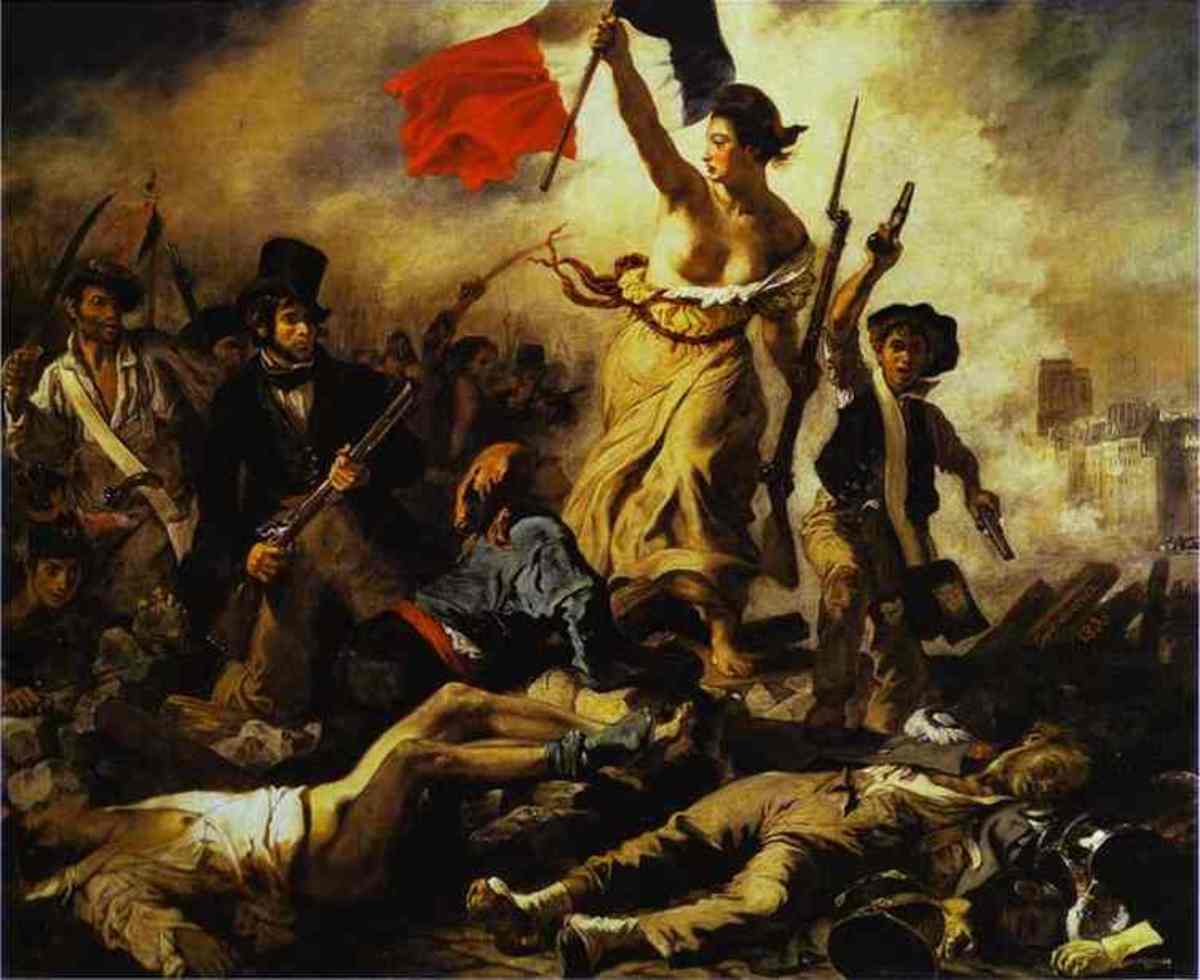Federalists v.s. Antifederalists (part 3) Questions of state rights
Federalists v.s. Anti-Federalists (part 3)
Question#3 State’s Rights by Michael M. Nakade
Overview: In the 18th century, all politics was local. People in general had a difficult time imagining the work of a federal government that would oversee each state government. Anti-Federalists feared that the best interests of the federal government would be pursued at the expense of a state government. They also feared that each state might lose its own identity and meaning. Robert Yates of New York was a leading proponent of the state’s rights. Here, he engages in a simulated debate with John Jay, who defends the proposed Constitution as one of the key members of the Federalist group.
Yates: What is a Republic? It is a country where people can participate in the decision making process of that country. Government at the state and local levels involve more peoples, thus keeping control in the hands of people. I am afraid that the people would be shut out from the decision making process if the federal government takes control of this vast country. Therefore, I oppose the ratification of the proposed constitution.
Jay: Without the presence of a centralized government, America is paralyzed. Each state (from Massachusetts to Georgia) needs to be united and allow the federal government to deal with issues of national security. Otherwise, who will protect our sea lane? Pirates would find it easy to attack American ships. Who will organize Armed Forces? Indians in the West will attack our borders. Who will quell rebellions? Who will defend our shorelines when soldiers from other countries invade us? There are too many unanswered questions regarding our national security if we do not have a federal government.
Yates: The issue of national security can be dealt at a state level. America is protected by the vast Atlantic Ocean. I do not foresee invading armies from Europe. Furthermore, America has the proud tradition of citizen militia. Indians and rebellions have been dealt with by each state’s militia. Why change now?
Jay: The past is past. I’m concerned with for future of this nation. America has the potential to be one of the great nations in the world. As we expand and grow, we will need to secure our borders with our well trained soldiers. The centralized government will have the power to tax people to raise the necessary funds and will manage our armed forces. Taxation will be done fairly. To ensure fairness in representation, each state will send two senators each to the federal government. Number of representative from each state will be decided by the number of inhabitants in each state. This system responds to the concern of so called small states.
Yates: Mr. Jay, my greatest concern is that the new constitution will create a central government so powerful that it might make each state government meaningless. Local people know their areas the best. Local people should decide what is best for their state. The state government must be guaranteed of certain power so that it will have its decision making power not be taken away by the federal government.
Jay: I hear your concern. You are looking for ways to limit the power of the central government. The Bill of Rights is being created right now. If it is added to the proposed constitution, it will assuage your fear. However, I must insist that the power of federal government to tax cannot be restricted because the nation may face the critical situation in which funds need to be raised immediately. Such a restriction will cripple us as a nation during the time of crisis.
Yates: I will be both happy and relieved if the proposed constitution adds the following:
“The powers not delegated to the United States by the Constitution, nor prohibited by it to the States, are reserved to the States respectively, or to the people.” *
I believe that this will guarantee that the state’s rights will be preserved
and honored.
Jay: If you are going to ratify the proposed constitution with the above amendment, I’d accept the deal.
* The last of the Bill of Rights, the 10th amendment to the constitution.
(Interestingly, North Carolina and Rhode Island ratified the constitution in their state conventions when they realized that the Bill of Rights would most likely be added to the Constitution. Having all 13 states ratifying the Constitution was vitally important to the Federalists. Historians credit the Anti-federalists for the addition of the first ten amendments to the Constitution shortly after the creation of the United States Federal government.)








